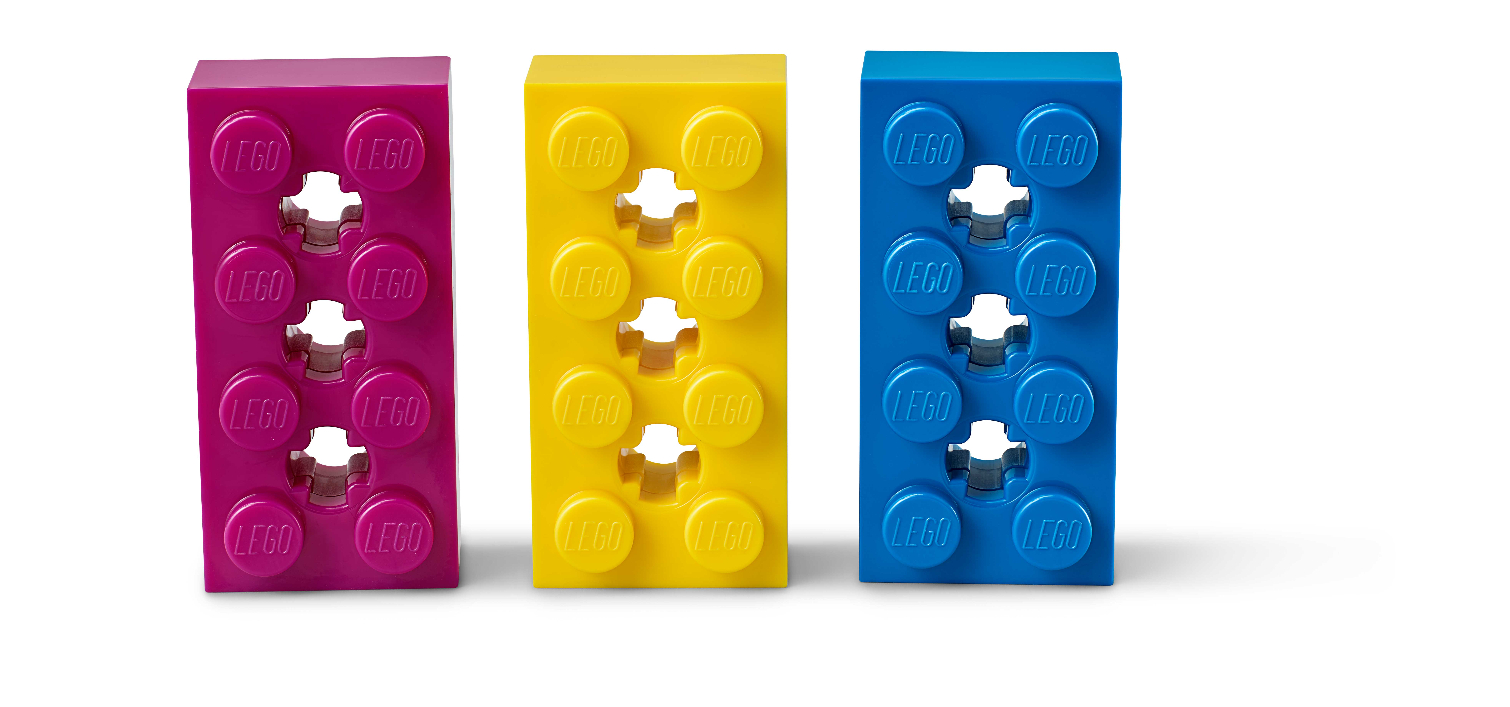Lego Spike Prime Kit Combines Bricks, Coding to Boost STEAM Skills
Here's a surprise: middle schoolers aren't very confident in the education system. That's according to Lego Education, anyway, which today announced the Spike Prime kit to help encourage middle schoolers to care about Science, Technology, Engineering, Arts and Math (STEAM).
Spike Prime combines the instantly recognizable Lego bricks with a programmable multi-port hub, sensors, motors and a Spike app based on the Scratch programming language. The company said that it will create lessons "aligned to certain standards," many of which are supposed to take less than 45 minutes to complete, (which seems to be around the length of a class period).
Lego Education tapped the Harris Poll company to conduct a "Confidence in Learning Poll" meant to help it "understand the role confidence plays in STEAM learning." The Harris Poll studied 5,002 students, 5,001 parents and 1,152 teachers in five countries. It found that only 17 percent of students were "very confident" studying STEAM subjects, while many (47 percent) also "avoid subjects [they] have failed before."
“The Confidence Poll data shows that most students say if they failed at something once, they don’t want to try again," Lego Education president Esben Stærk Jørgensen said in the company's announcement. "With Spike Prime and the lessons featured in the Spike app, these children will be inspired to experiment with different solutions, try new things and ultimately become more confident learners. And for teachers, time is the ultimate barrier. The lesson plans, resources and models make it so easy for teachers to integrate Spike Prime into the classroom.”
Lego Education developed a new type of brick, the integrator brick, to allow Spike Prime to incorporate both the Lego Technic (Lego automobile line) and Lego system platforms. The integrator brick is said to be one of 11 new elements (pieces) of the Lego System in Play, which is the foundational aspect of Lego that allows it to make a reported 19 billion elements every year, each of which is compatible with all of the pieces released before it.
Those characteristics should make Lego a natural fit for hands-on projects. They're intuitive to use and flexible enough to let someone explore their imagination. Yet, they're restrictive enough that there are natural limits to their use. (As anyone who's tried to build a tower of Lego bricks inevitably discovered when they A) ran out of bricks or B) realized that even bright bits of multicolored plastic need something called "structural integrity.")
Spike Prime is available for pre-order in the U.S. now for $330. Lego Education said it plans to release the product in all markets by August 2019, but it's not clear if that will be a staggered rollout or if it plans to launch in non-U.S. markets at the same time.
Get Tom's Hardware's best news and in-depth reviews, straight to your inbox.
In the meantime, there are plenty of other Lego products to explore, as well as an entire world of STEM toys (missing the "Arts" from STEAM) just waiting to be discovered.

Nathaniel Mott is a freelance news and features writer for Tom's Hardware US, covering breaking news, security, and the silliest aspects of the tech industry.

